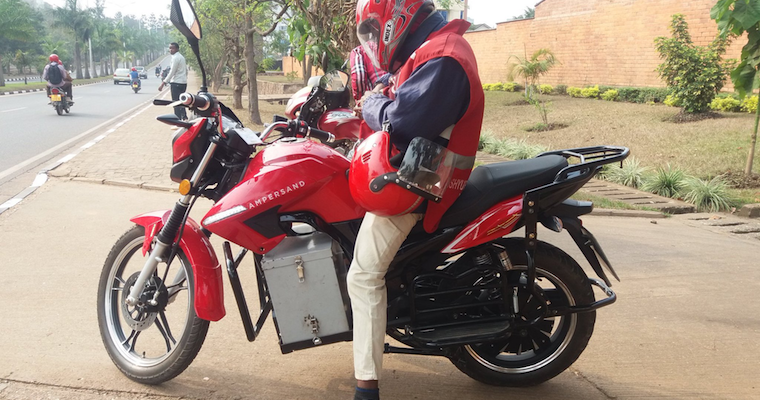A groundbreaking electric motorbike has transformed travel for budget-conscious Kenyans, offering them the opportunity to journey from Nairobi to Mombasa for a mere Ksh340. Electric Motorcycles CEO revealed these revolutionary bikes at the Kenya Power Expo 2022, showcasing their superior fuel efficiency and numerous advantages over traditional fuel-dependent models.
The CEO highlighted that a single charge of the electric motorbike can cover a distance of 100 kilometers at a cost of only Ksh70. In comparison, petrol motorcycles require 2.5 liters of fuel, costing Ksh390, to cover the same distance.
For the 485-kilometer trip between Nairobi and Mombasa, an electric motorbike rider would only need to spend Ksh340, while their counterparts using conventional motorcycles would have to shell out Ksh1890.
Currently, Electric Motorcycles has produced 200 units of these electric bikes, but they anticipate manufacturing 5,000 units by the end of the year. Their long-term goal is to reach a production capacity of 30,000 units by the close of 2023.
The electric motorbike is priced at Ksh180,000, slightly higher than its petrol-powered counterpart, which retails for Ksh150,000. However, despite the higher upfront cost, the electric model proves advantageous in terms of running expenses.
The CEO explained, “Although this motorbike’s price is slightly higher than the regular one, it offers several advantages when it comes to running costs. For example, charging the battery costs around Ksh70, and you can travel for 100 kilometers.”
To address concerns about running out of power during a journey, the company has designed the motorbikes to accommodate two batteries. “We have included slots for two batteries, providing the option to swap them. If one battery runs out mid-journey, the other one immediately takes over,” the CEO added.
Since March 2021, the United Nations Environment Programme (UNEP) has reported a significant reduction in environmental pollution due to the East African region’s shift towards electric motorbikes. The report also highlights that this transition has collectively saved global motorbike operators a staggering Ksh41 trillion in fuel costs.



